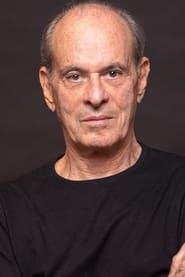

Movie: Fca Carla
Top 6 Billed Cast
Joana
Cleidiane

Fca Carla
HomePage
Overview
Release Date
2011-03-19
Average
0
Rating:
0.0 startsTagline
Genres
Languages:
Português
Similar Movies
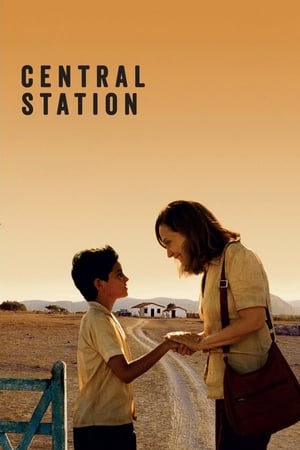 8.1
8.1Central Station(pt)
An emotional journey of a former school teacher, who writes letters for illiterate people, and a young boy, whose mother has just died, as they search for the father he never knew.
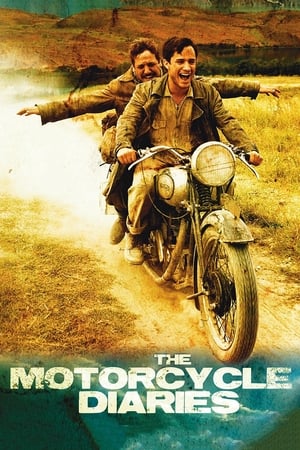 7.4
7.4The Motorcycle Diaries(es)
Based on the journals of Che Guevara, leader of the Cuban Revolution. In his memoirs, Guevara recounts adventures he and best friend Alberto Granado had while crossing South America by motorcycle in the early 1950s.
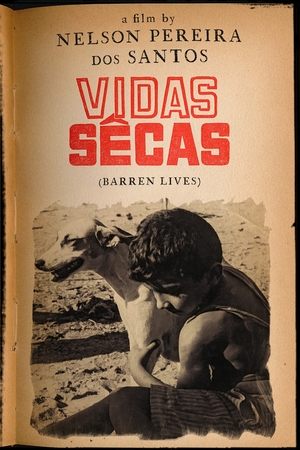 7.4
7.4Barren Lives(pt)
In vivid images, the documentary-like story of a drover and his family in the northern badlands of Brazil during the drought. A family in the search of new hope and destiny.
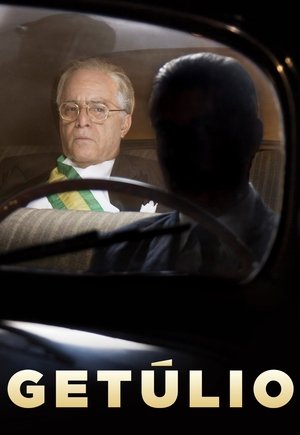 6.7
6.7Getulio(pt)
The movie depicts the political crisis that led to the suicide of president Getúlio Vargas, in the 19 days that preceded August 24, 1954. The crisis began with the attempted assassination of journalist and politician Carlos Lacerda in August 5, 1954, at rua Toneleros, Rio de Janeiro, in which Major Vaz was assassinated instead. Investigations pointed to Gregório Fortunato, chief of Vargas' personal guard, as the orderer of the frustrated assassination. This incident was one of the most importants in the history of Brazil.
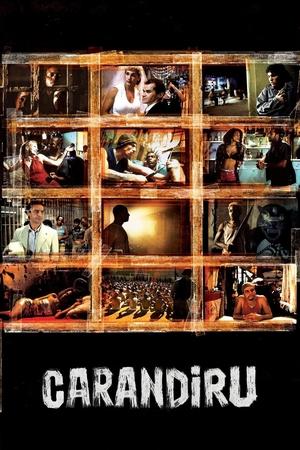 7.6
7.6Carandiru(pt)
When a doctor decides to carry out an AIDS prevention program inside Latin America’s largest prison: the Casa de Detenção de São Paulo - Carandiru, he meets the future victims of one of the darkest days in Brazilian History when the State of São Paulo’s Military Police, with the excuse for law enforcement, shot to death 111 people. Based on real facts and on the book written by Dráuzio Varella.
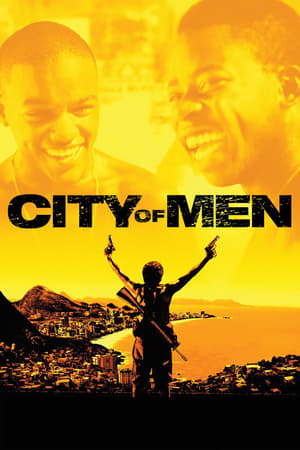 7.1
7.1City of Men(pt)
Best buddies Acerola and Laranjinha, about to turn 18, discover things about their missing fathers' pasts which will shatter their solid friendship, in the middle of a war between rival drug gangs from Rio's favelas.
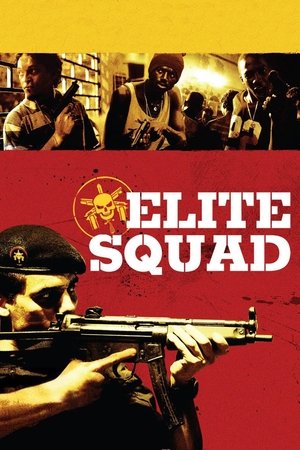 8.1
8.1Elite Squad(pt)
In 1997, before the visit of the pope to Rio de Janeiro, Captain Nascimento from BOPE (Special Police Operations Battalion) is assigned to eliminate the risks of the drug dealers in a dangerous slum nearby where the pope intends to be lodged.
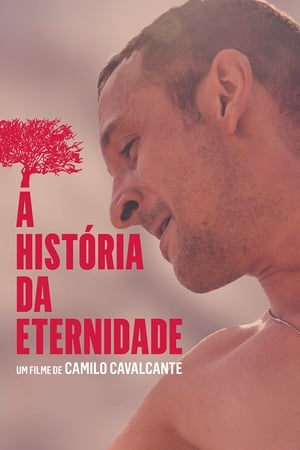 7.6
7.6The History of Eternity(pt)
In a small village in the hinterland, three stories of love and desire are changing the emotional landscape of its residents. Characters of a romanesque world in which their conceptions of life are limited on one side by human instincts, on the other by a blind and fatalist fate.
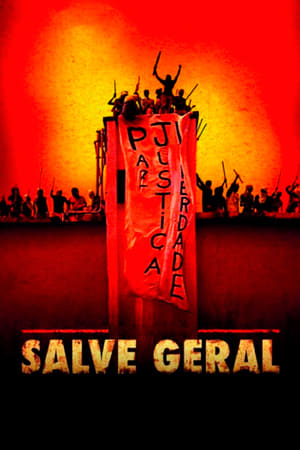 5.8
5.8Time of Fear(pt)
Year 2006. There are riots in São Paulo. In the middle of the violent situation, widow Lucia is trying to get her young son Rafael from prison.
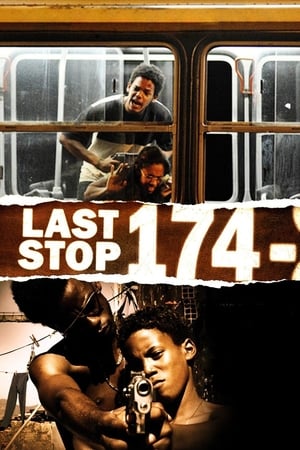 7.2
7.2Last Stop 174(pt)
Sandro was a boy who loved to sing rap, to kiss, to stare the statue of Christ the Redeemer and dreamed to go visit Copacabana. Growing up on streets, the story culminates at the infamous episode of 12th June 2000, when Sandro hijacked bus 174.
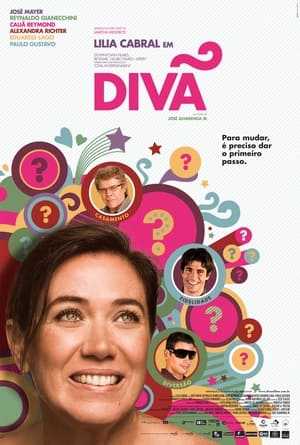 6.4
6.4In Therapy(pt)
In Rio de Janeiro, the forty and something years old Mercedes (Lília Cabral) goes to the psychoanalyst and tells the story of her life since she was a girl and lost her mother. Along the three years of analysis, her life changes and she divorces from her husband Gustavo (José Mayer) and has love affairs with the younger Theo (Reynaldo Gianecchini)
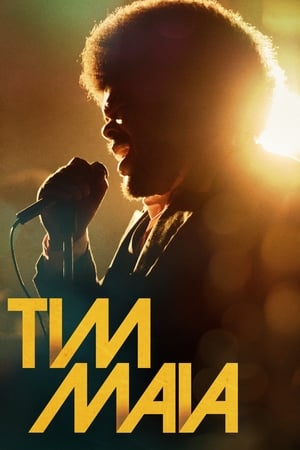 7.2
7.2Tim Maia(pt)
Biopic of Brazilian singer Tim Maia, from his childhood in Rio de Janeiro until his death at age 55, including his passage by the US, where he discovers a new style of music and is arrested for theft and drug possession.
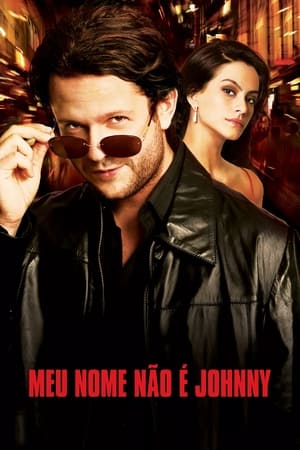 7.1
7.1My Name Ain't Johnny(pt)
The true story of João Guilherme Estrella ("Johnny"), a young middle-class bon vivant who became a big-time cocaine dealer in Rio de Janeiro in the early 1990s.
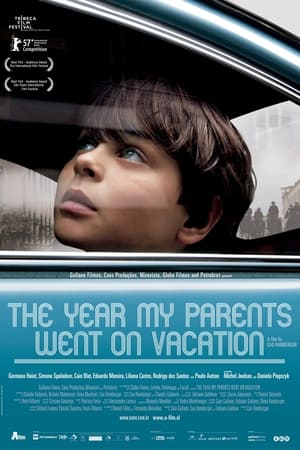 7.2
7.2The Year My Parents Went on Vacation(pt)
A boy is left alone in a Jewish neighborhood in the year of 1970, where both world cup and dictatorship happen in Brazil.
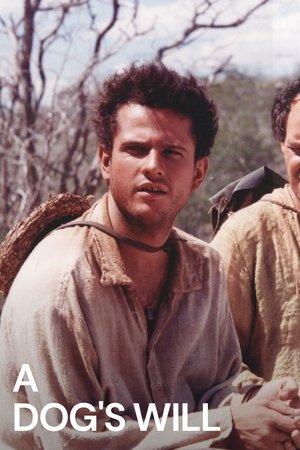 8.4
8.4A Dog's Will(pt)
The lively João Grilo and the sly Chicó are poor guys living in the hinterland who cheat a bunch of people in a small town in Northeastern Brazil. When they die, they have to be judged by Christ, the Devil and the Virgin Mary before they are admitted to paradise.
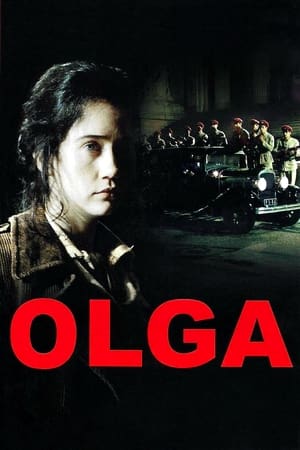 7.2
7.2Olga(pt)
Based upon the true story of Olga Benário, the German-born wife of Brazilian communist leader Luís Carlos Prestes. During the dictatorship of Getúlio Vargas (1930-1945) she was arrested and sent to Nazi Germany, where she was put to death in a concentration camp. After World War II began, Vargas decided to uphold the Allies.
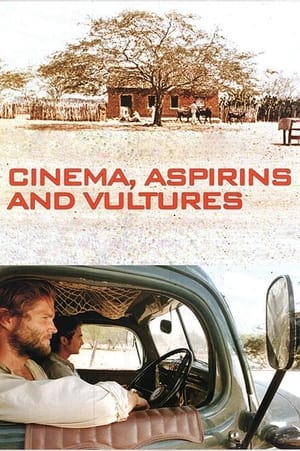 6.9
6.9Cinema, Aspirins and Vultures(pt)
1942, in the middle of Northeastern Brazil, two very different men meet along the road: Johan, an aspirin salesman avoiding the German draft, and Ranulpho, a rural Brazilian seeking escape from the drought.
 6.6
6.6From Beginning to End(pt)
Two brothers develop a very close relationship as they are growing up in an idyllic and happy family. When they are young adults their relationship becomes very intimate, romantic, and sexual.
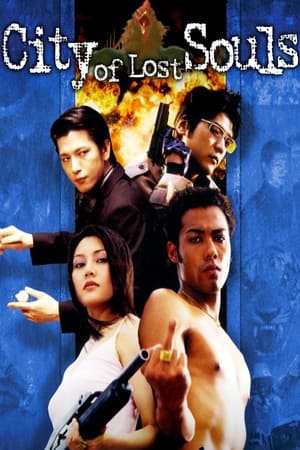 6.2
6.2The City of Lost Souls(ja)
Brazilian-Japanese gangster Mario rescues his Chinese girlfriend Kei as she's about to be deported from Japan. Desperate to escape, he hides in Tokyo's booming Japanese-Portuguese community and seeks passage from the country from a Russian mobster. To meet his price, they hold up a bigtime drug deal between the Chinese Mafia and the local Yakuza.
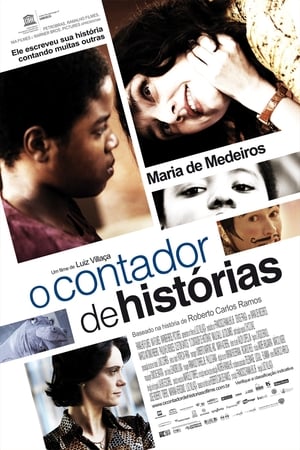 6.5
6.5The Story of Me(pt)
Based on the life of Roberto Carlos Ramos, a Brazilian teacher and storyteller brought up in a state educational institution for poor children.

